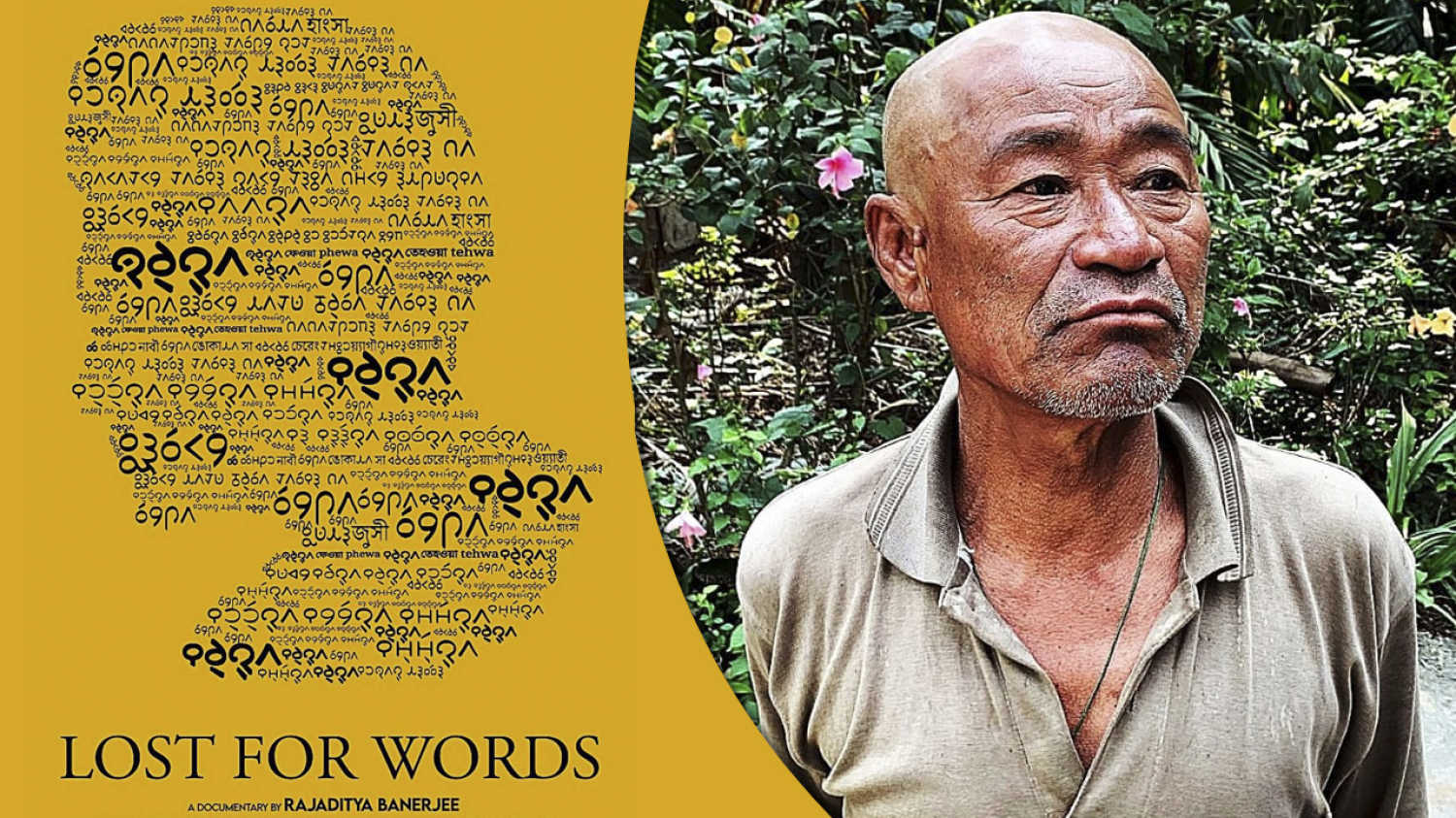The documentary, which revolves around a tribal group that resides at the Indo-Bhutanese border, will be screened at the Dhaka International Film Festival.
Main purpose of Lost for Words is to highlight struggle to save Toto language, says Rajaditya Banerjee
Kolkata - 14 Jan 2022 15:24 IST
Updated : 16:01 IST


Roushni Sarkar
Filmmaker Rajaditya Banerjee has said that the goal of his documentary Lost for Words is to highlight the struggle to save the Toto language, which has been categorized as critically endangered by UNESCO.
The film throws light on the language and lifestyle of the Toto community, a tribal group that resides at the Indo-Bhutanese border.
According to Banerjee, the Toto language is in an extremely critical condition and three individuals featured in the film, Dhaniram Toto, Satyajit Toto and Biplab Nayek, are trying their best to prevent it from going extinct. “The main purpose of this film is to highlight their struggle to save their mother tongue in front of the world,” said the filmmaker.
Lost for Words will compete in the Cinema of World section of the 20th Dhaka International Film Festival, which will be held from 15 to 23 January. It will also be screened at Dhaka's Public Library Auditorium on 19 January and at the National Art Gallery of Shilpakala Academy a day later.
Dhaniram Toto, one of the men mentioned by Banerjee, is the creator of the Toto alphabet and the first author to write a novel in the language.
In a statement to the media, Dhaniram Toto asked, "When a group of people talk in a language that doesn't have any alphabet and they are the only ones who understand the language, how problematic can it be? How will the people survive?"
The statement further read, “Don't the intellectuals know that even learning English cannot secure jobs for the young generation? I don't know if Toto will help them get a job or not, but it is a question of our survival. This is the process to save a language and nothing else.
“This film is very unique, as language is a reflection of our diversities. These are reflections of our lifestyles. It [globalisation] is abolishing the language of some people of a small village, who came from Tibet. They are trying hard to save this language. Some of them are compelled to migrate to other parts of India, for different reasons."
The 90-minute documentary was shot by Tanmoy Karmakar, while Giridhari Garai and Shubhojit Roy were in the charge of additional cinematography. The music was created by Backbenchers while Sumanta Sarkar edited the film.
Related topics
Other

